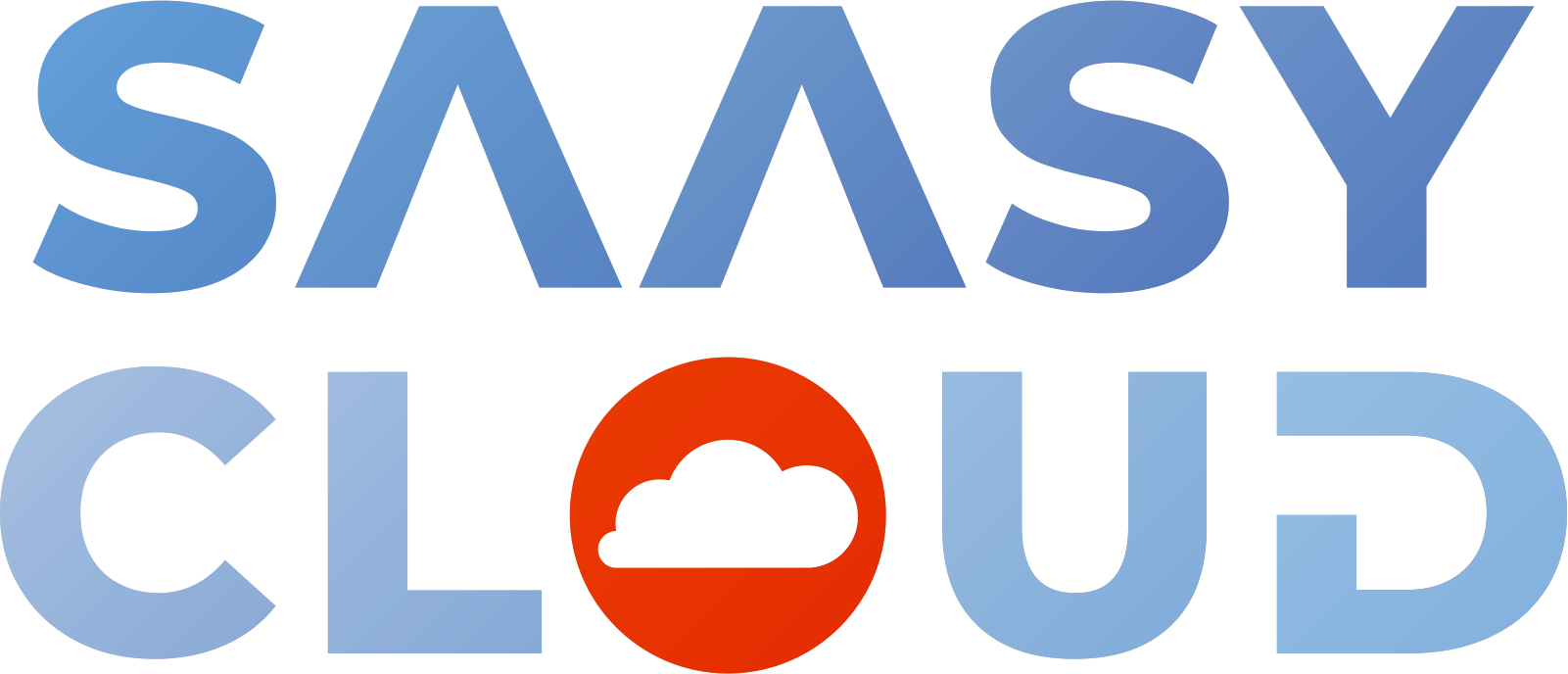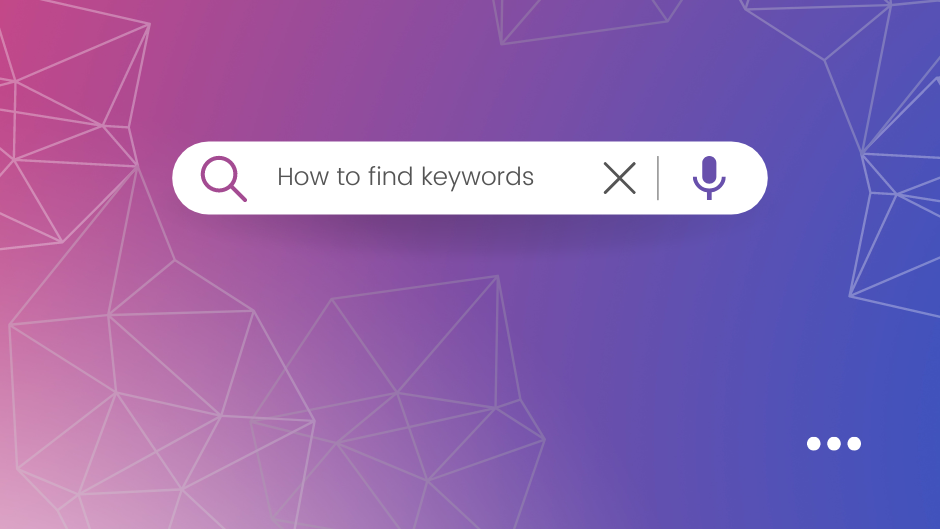How AI is Transforming Website Design & Management in 2025
Since 2024, AI website management tools have been on the rise. Organizations worldwide recognize their capabilities and applications. As of 2024, over 72% of businesses are using or considering generative AI for their company. Should you start considering them, too?
Two months into 2025, AI’s user base has increased to 82% of global business. AI is here to stay, whether you welcome it or hesitate to use it at work.
Instead of fighting against the current, you should learn how to rise above the waves. AI is like any tool; it needs time and effort to master. This is especially true for people who are unwilling to embrace new technologies.
That is why we’ve decided to help you understand the whys and hows of AI website management tools' impact on website design, development, upkeep, and growth.
It’s 2025— What’s New in The AI-Powered Website Design Tools Department?
As we mentioned before, AI is a tool— an incredibly powerful one. Some even call it the Swiss army knife of workplace productivity tools. While AI cannot fix productivity issues, it can enhance the efficiency and speed of an already well-structured workflow. This is why most companies are investing in AI-driven solutions.
When it comes to website work, AI is no different. Companies now use AI in their platforms and products. They employ AI design tools to make workflows easier. Using an AI coding assistant helps cut production costs and adds new features. AI also reduces the time you spend working on tedious tasks and processes. It also helps you finish the toughest task on your to-do list.
We’re all familiar with chat-based AIs such as OpenAI ChatGTP, Google’s Gemini, Anthropic’s Claude, or their free-to-use counterpart, Hangzhou’s DeepSeek. These tools help with productivity and website development. Still, we'll focus on AI tools used at every stage of website design, upkeep, and growth.
Today, let’s explore AI website builders, coding helpers, and image creators. We’ll discuss their pros and cons for your business's site.
AI Website Builders
Some companies rely on AI website builders. This technology builds a complete website very fast. It helps users work quicker and boosts their design productivity. Tools like this save lots of time and money for small businesses. They make design and development easier, but not without certain drawbacks.
The most popular platforms with AI website builders are Wix, Hostinger, and Framer. Setting up your company's website in any of them can be tempting. However, their designs usually end up basic and dull because of how AI models work.
Users often face common problems like standardized layouts, unbalanced elements, and low-quality images. They may also see website content that misses the mark. These are typical outcomes from using these tools. But that’s not their fault (or yours!).
The truth is that both AIs and users need setup and training before they can reach their full potential. Your instructions must be clear and concise so that the AI can produce your desired result. AIs need high-quality training data to learn what makes up a good design.
That is why partnering with a knowledgeable web design agency is sometimes recommended.
Coding Assistants
Coding assistants are precisely what they sound like. They help write, debug, and optimize code more efficiently. While typically aimed at developers, non-tech-savvy people can also use them. The main use is generating HTML, CSS, and JavaScript code. They can also suggest improvements, automate repetitive tasks, and troubleshoot errors.
As with all AI-powered productivity tools, their main kits are designed to speed up development. They free up time and resources for their users so they can focus on alternative tasks such as logic or creativity. They can troubleshoot, fix, or refactor code. This improves readability and performance. They are also accessible for learning development.
One clear disadvantage to these tools is their lack of human touch and creativity. This causes the AI to rely heavily on the quality and specificity of the user’s input. Your prompt might confuse the AI if you're not tech-savvy or a learning professional. This can lead to inefficient, irrelevant, or non-functional code.
The most popular coding assistants are GitHub Copilot, Tabnine, and Amazon Q Developer.
Image Generators
AI image generators employ machine learning models to create custom images from text prompts. These tools can create logos, backgrounds, banners, product images, and website illustrations. They save hours of manual work that a designer or marketing team would typically spend. And if you’re the kind of person who disdains stock photography or clip art, these tools can certainly reduce or nullify your reliance on them.
Image generators stand out for their fast turnaround and low costs. They also provide on-demand customization and flexibility for users. Users can include their brand colors and tweak images with different styles, making them an excellent tool for A/B testing.
Image generators stand out from other AI tools. But not for the reasons you're thinking of. Many people view their misuse in a negative light. This is due to ethical and copyright concerns raised by their training methods. As a result, brands may receive negative feedback from those who disapprove of their use.
Additionally, their low-quality content is easy to recognize. Generated images might present distorted details, unnatural compositions, or incorrect proportions. These issues can make an image unusable or in need of professional retouching.
Their productivity and turnaround times are undeniable. But their controversial perception implies extra requirements. Discretion and moderate use are recommended for companies using them.
The most popular image generators are DALL-E from OpenAI and Midjourney.

A Hassle-Free Way to Automate Website Maintenance & Growth
Website upkeep has always been a resource-intensive and time-consuming activity. Constantly auditing for non-functional items, fixing broken content or layouts, and applying security patches can waste valuable work hours. This burden falls heavily on whoever handles these tasks. And the worst part: this is not a one-time occurrence.
Maintenance is a crucial activity. It should be included in any website management strategy. But the thing about cleaning and repairing is, it’s work. A lot of work. Outsourcing or supporting yourself with a website growth partner is advisable. But that partner does not necessarily have to be human.
If properly instructed, AI can provide much value. It can free you from handling website upkeep by automating some maintenance tasks. These automations can cut website downtimes and human mistakes, saving time and money for other areas of your business.
AI helps with three website maintenance tasks: updating content, fixing technical issues, and monitoring security.
Perform Content Updates on Autopilot
Content updates refresh a website based on performance analytics and heatmaps. They keep your information current and aligned with your company's status. This helps ensure clear communication and transparency with your audiences. And depending on your website type, outdated content can cost you leads, deals, and revenue.
Tools such as SurferSEO or Clearscope are well-loved in the content side of the website management world. These platforms combine SEO analysis, content creation, and recommendations. They also create and apply data-driven keyword improvements to make your content clearer. To achieve better results, pair these tools with an organic SEO consultant. Their expertise will help you use them to their fullest potential.
These AIs help you automate your website in new ways. They enable easy content transfers to your chosen CMS. Plus, they offer dynamic content adaptation features.
AI Analysis for Predictive Maintenance
Predictive maintenance uses machine learning algorithms to analyze website performance. It then detects potential technical issues before they become critical. This minimizes downtime and prevents revenue loss due to site failures or slow performance.
AI-powered error detection scans your website for broken links, slow pages, and other issues. It sends alerts when problems arise that could hurt your user experience. These models focus on spotting and tracking patterns, server responses, and plugin interactions. They can also detect unusual behavior quickly. This helps troubleshoot issues with little to no downtime.
Companies with content-heavy websites gain the most from AI-powered predictive analysis tools. These technologies can greatly reduce the time spent on website audits and fixes.
Automated Security Monitoring
Cybersecurity is crucial for those who host company or client data online. Security-based AIs provide real-time threat detection and response tools. They work in a way that's like content or performance-focused AIs. They analyze patterns, identify suspicious activities, and automatically solve security breaches.
They constantly scan network logs, login attempts, and user behaviors. This cuts down on human monitoring. It also helps prevent data breaches and defacement. They do this by responding quickly, updating systems, and fixing vulnerabilities.
If your company has an eCommerce platform or client portals, or if you want to keep unwanted visitors out of your digital spaces, these AI tools are a smart investment in business cybersecurity.

AI Implementation Challenges: What Businesses Need to Know
AI can greatly enhance website management, but watch out for these common hurdles:
- Many of the AI website management tools mentioned can be hard to use at first. They often have a technical learning curve.
- AI-powered automation raises questions about data privacy, compliance, and cybersecurity. If your business handles sensitive customer data and has concerns about AI security, don’t use these tools.
- Relying too much on AI can lead to bland content, design issues, and security risks. This is especially true if you lack the training to set up and manage AI tools effectively.
Alternatives for some of these AI tools are circumstantial and depend on your business context. Small businesses should choose AI tools that are easy to use. Look for options with automation features and affordable pricing. Before buying, do your research. This way, you can find the best deal with the most features for the least cost. This approach will help reduce the impact of these tools on your revenue.
Generally, businesses often gain the most by collaborating with AI-powered web design agencies. These agencies help blend AI tools into current workflows smoothly and with little risk.
Leading the AI Web Design Landscape in Minnesota
Using AI in your website design can really improve efficiency and productivity. But it can also be tough, especially without a web design partner to help you in the crowded AI market.
Choosing the wrong AI tool can lead to surprise cancellation fees, poor implementation, and a frustrating setup. That’s why businesses looking for seamless AI integration should partner with a client-first website design agency that specializes in creating customized, user-friendly, and visually appealing websites.
Focus on growing your business while leaving AI-driven website management to the experts!


TECH TIPS NEWS
We will get back to you as soon as possible.
Please try again later.
All Rights Reserved | SAASY CLOUD Technology Solutions | Privacy Policy








